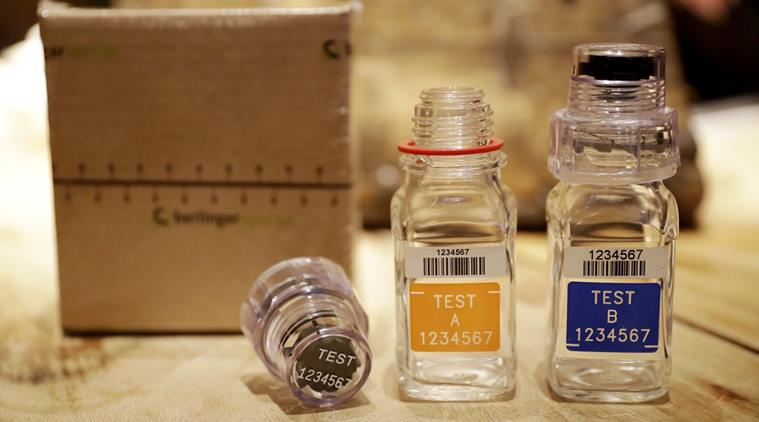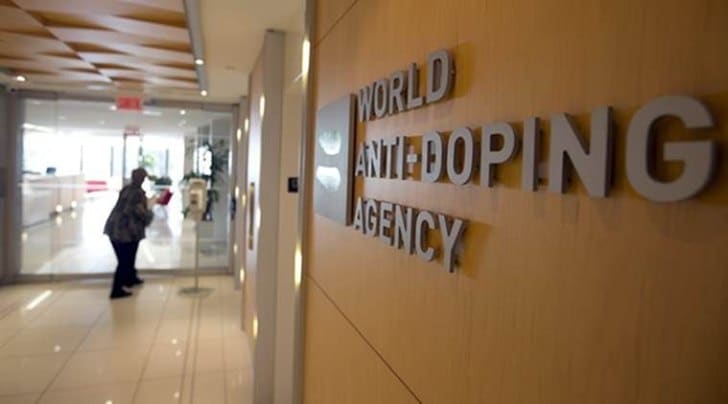 WADA has identified discrepancies in a re-analysis of four samples that were collected and analysed at the New Delhi-based National Dope Testing Laboratory. (AP Photo/used for representational purpose)
WADA has identified discrepancies in a re-analysis of four samples that were collected and analysed at the New Delhi-based National Dope Testing Laboratory. (AP Photo/used for representational purpose)
In what could be a major embarrassment, the World Anti Doping Agency (WADA) has identified discrepancies in a re-analysis of four samples that were collected and analysed at the New Delhi-based National Dope Testing Laboratory (NDTL). The samples, belonging to Indian athletes, had tested positive for performance-enhancing drugs when tested by the NDTL. Those athletes were, in turn, handed provisional suspensions. However, when tests were conducted on the same samples at a WADA-accredited lab in Rome, the results were negative.
The samples belong to athletes in track and field (2 cases), cycling and fencing (one each). The world body wrote to the Indian officials on Monday, informing them of the discrepancies. Subsequently, the NDTL asked the National Anti Doping Agency, which takes responsibility for taking disciplinary action, to put on hold the punishment handed out to the athletes. “WADA will now check if the results of the Rome lab are correct or the NDTL. That process to reconfirm the facts will take a few more days,” a source said.
If found guilty, this is likely to put further on NDTL, which has been suspended for six months for not complying with established standards. The four samples that were re-tested were among the 38 WADA had collected from NDTL to review them independently and check the Isotope Ratio Mass Spectrometry (IRMS) procedure, an analytical technique, that is a major point of contention.
 The Indian lab’s suspension is likely to continue for a few more months since it still has not complied with all of WADA’s requirements, with IRMS being the only hurdle. (File Photo)
The Indian lab’s suspension is likely to continue for a few more months since it still has not complied with all of WADA’s requirements, with IRMS being the only hurdle. (File Photo)
These 38 samples were collected by NADA – and tested at NDTL – from 2016 to mid-2019. WADA was to review the entire process and decide on NDTL’s suspension based on the results of the re-tests conducted on these samples.
The Indian lab’s suspension is likely to continue for a few more months since it still has not complied with all of WADA’s requirements, with IRMS being the only hurdle. “The WADA officials will visit India for inspection only after everything is in place. Till then, the suspension is likely to continue,” the source said.
NDTL’s suspension is not likely to affect the testing of India’s Olympic-bound athletes. However, in a country that has among the highest doping cases in the world, the fight at a domestic level could be impacted as the costs of getting a sample tested have nearly doubled, which has forced the anti-doping watchdog to revisit its strategy.